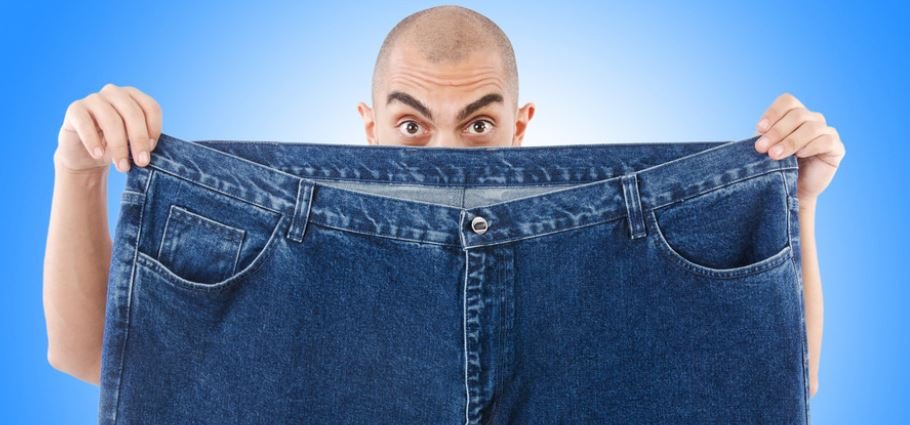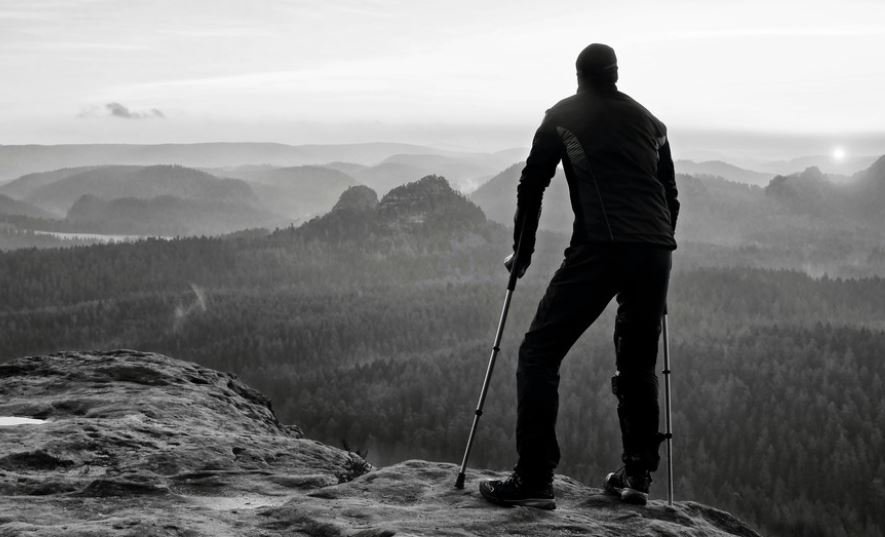Lorem ipsum dolor sit amet, consectetur adipiscing elit, sed do eiusmod tempor incididunt USD-1360114752 ut labore et dolore magna aliqua. Ut enim ad minim veniam, quis nostrud exercitation ullamco laboris nisi ut aliquip ex ea commodo consequat.
Hikers are constantly on the move, which means they burn a lot of calories. But all that hiking can also lead to weight gain. Here’s why:
1. Hikers tend to eat more.
2. Hiking can lead to injuries that make it hard to stay active.
3. All that time spent outdoors means hikers are exposed to more temptation from unhealthy snacks and drinks.
But, there can be more underlying reasons why hikers get fat.
Let’s talk about them.
Why Hikers Get Fat?

Water Weight
Water weight is the extra water our bodies are carrying around. It can show up in our face, arms, legs, and abdomen. Water weight is different from fat because it’s not stored in our body like fat is. Instead, water weight is fluid that’s surrounding our cells. We can lose water weight quickly by drinking lots of fluids and by peeing a lot.
Hikers develop water weight because they tend to consume more water than they need, to make for sweating.
Excessive Eating
If you’re a hiker, you’d know that more workout typically leads to a higher urge to eat.
You’ve been out there in the wild for several hours. You get back home and there’s a delicious piece of cake sitting in your refrigerator.
You kind of feel like you deserve that piece of beauty and grab a bite. The next thing you know you’re consuming more calories than you should.
In addition, some hikers might think that eating more will give them more energy on the hike.
So, they end up losing track of their intake.
You Might Also Like: Best Weighted Vest for Hiking
Injuries

Hiking is a great way to get active and enjoy the outdoors, but it can also lead to injuries that make it hard to stay active. Hiking can be treacherous, with uneven terrain and obstacles like roots and rocks that can trip you up. And, if you’re not careful, you can easily twist an ankle or worse.
Injuries from hiking can sideline you for weeks or even months, making it difficult to stay active. And, when you’re not active, it’s easy to gain weight. So, if you’re thinking about hitting the trails this summer, be sure to take some precautions to avoid injury. And if you do get injured, don’t give up on your fitness goals. There are plenty of other activities that you can do to stay active and avoid weight gain.
More Temptation to Eat Unhealthy Food

It’s no secret that hikers love spending time outdoors. But all that time spent outdoors also means they’re exposed to more temptation from unhealthy snacks and drinks.
Hikers need to be extra careful about what they eat and drink while they’re out on the trail. sugary drinks and snacks can cause a quick spike in blood sugar, which can lead to fatigue and other problems.
So what’s a hiker to do? Here are some tips for choosing healthy snacks and drinks while hiking:
– Stick to whole foods like fruits, vegetables, nuts, and seeds.
– Avoid processed foods and sugary drinks.
– Drink plenty of water throughout the day.
– Bring along a healthy snack or two for emergencies.
Why Hikers Get Fat: FAQs
Why am I Gaining Weight from Hiking?
Hiking is a great way to get some exercise and fresh air, but it can also lead to weight gain if you’re not careful. Here are a few reasons why hiking can make you pack on the pounds.
If you’re carrying a lot of gear, you’re going to burn more calories just by lugging it around. But that extra weight can also lead to sore muscles and joints, which can make you less likely to want to hike again. And if you’re eating more calories than you’re burning, you will gain weight.
Additionally, hiking at high altitudes can cause your body to hold onto extra water. This can lead to weight gain of up to five pounds in just a few days.
You Might Also Like: Hiking With Sciatica: How to Beat the Pain?
What Does Hiking Do to Your Body Shape?
Here are some of the ways hiking can help improve your body shape:
- Tones muscles: When you hike, you are using many different muscles in your legs, arms, and core. This helps to tone these muscles and give you a more toned appearance.
- Improves posture: Hiking often requires you to stand up straight and use good posture. This can help improve your posture overall and make you look slimmer.
- Burns calories: Hiking is a great way to burn calories and lose weight. Depending on how vigorous your hike is, you can burn anywhere from 100 to 500 calories per hour!
Does Hiking Make You Bulky?
Most people think of hiking as a form of cardio exercise, which can help you burn calories and lose weight. However, hiking can also help you build muscle. This is because hiking works your whole body, including your legs, arms, and core.
So, if you’re looking to tone up your muscles and lose weight, hiking is a great option. Just be sure to bring plenty of water and snacks to keep your energy up!
Is Hiking Good for Weight Loss?
Hiking is a great way to lose weight. It’s low impact, so it’s easy on your joints, and it’s a great way to get outside and get some fresh air. Plus, it’s a great workout. Just make sure you wear the right shoes and dress for the weather, and be sure to bring plenty of water with you.
Does Hiking Slim Thighs?
Hiking works your thigh muscles in a different way than other exercises, such as running or cycling. This is because when you hike, you are constantly changing directions and going up and down hills. This movement targets your inner and outer thigh muscles, giving you a more toned appearance.
In addition to toning your thighs, hiking can also help to burn fat. By increasing your heart rate and getting your body moving, you can burn calories and lose weight all over.
